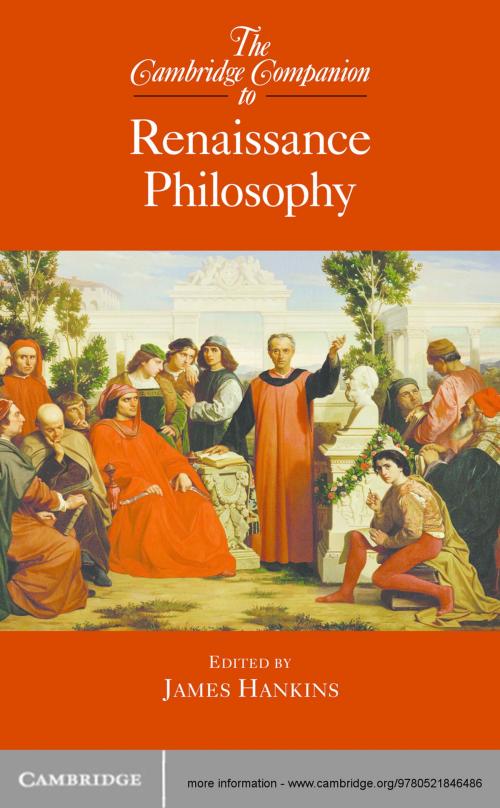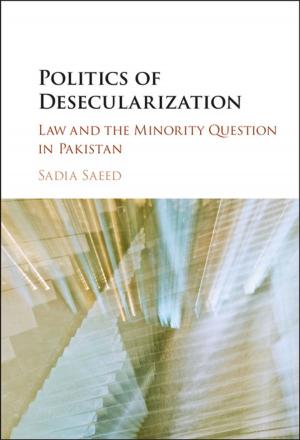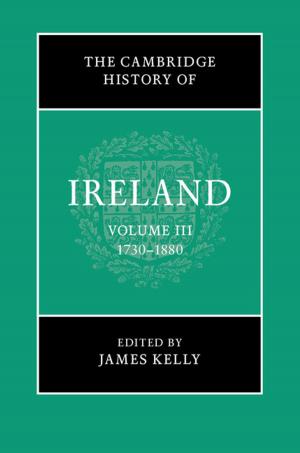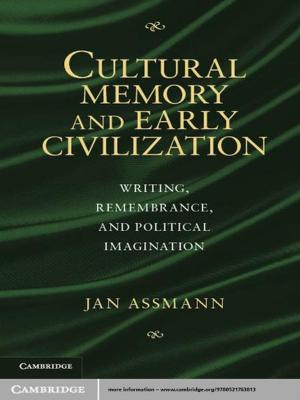The Cambridge Companion to Renaissance Philosophy
Nonfiction, Religion & Spirituality, Philosophy, History, Criticism, & Surveys| Author: | ISBN: | 9781139817400 | |
| Publisher: | Cambridge University Press | Publication: | October 25, 2007 |
| Imprint: | Cambridge University Press | Language: | English |
| Author: | |
| ISBN: | 9781139817400 |
| Publisher: | Cambridge University Press |
| Publication: | October 25, 2007 |
| Imprint: | Cambridge University Press |
| Language: | English |
The Cambridge Companion to Renaissance Philosophy, published in 2007, provides an introduction to a complex period of change in the subject matter and practice of philosophy. The philosophy of the fourteenth through sixteenth centuries is often seen as transitional between the scholastic philosophy of the Middle Ages and modern philosophy, but the essays collected here, by a distinguished international team of contributors, call these assumptions into question, emphasizing both the continuity with scholastic philosophy and the role of Renaissance philosophy in the emergence of modernity. They explore the ways in which the science, religion and politics of the period reflect and are reflected in its philosophical life, and they emphasize the dynamism and pluralism of a period which saw both new perspectives and enduring contributions to the history of philosophy. This will be an invaluable guide for students of philosophy, intellectual historians, and all who are interested in Renaissance thought.
The Cambridge Companion to Renaissance Philosophy, published in 2007, provides an introduction to a complex period of change in the subject matter and practice of philosophy. The philosophy of the fourteenth through sixteenth centuries is often seen as transitional between the scholastic philosophy of the Middle Ages and modern philosophy, but the essays collected here, by a distinguished international team of contributors, call these assumptions into question, emphasizing both the continuity with scholastic philosophy and the role of Renaissance philosophy in the emergence of modernity. They explore the ways in which the science, religion and politics of the period reflect and are reflected in its philosophical life, and they emphasize the dynamism and pluralism of a period which saw both new perspectives and enduring contributions to the history of philosophy. This will be an invaluable guide for students of philosophy, intellectual historians, and all who are interested in Renaissance thought.















